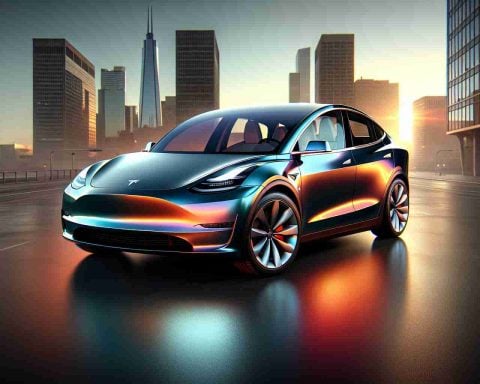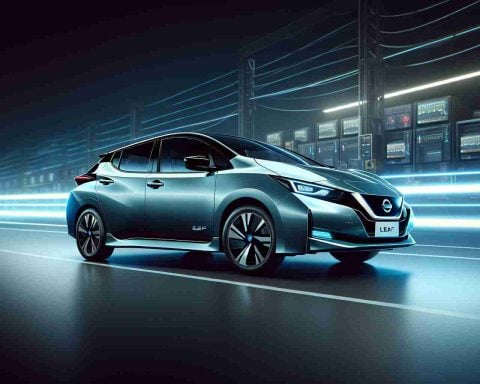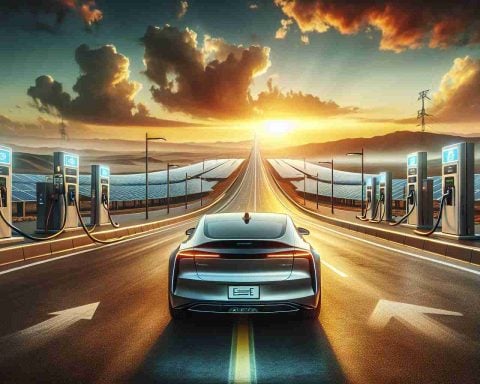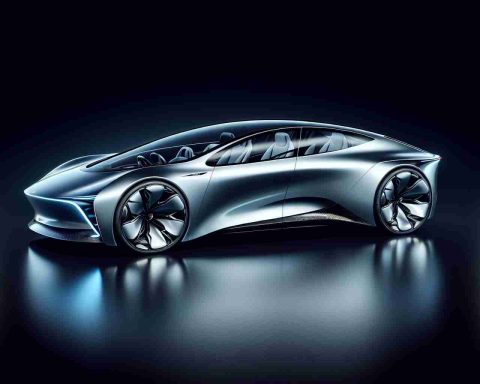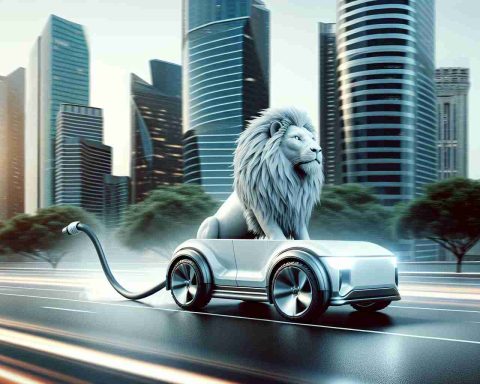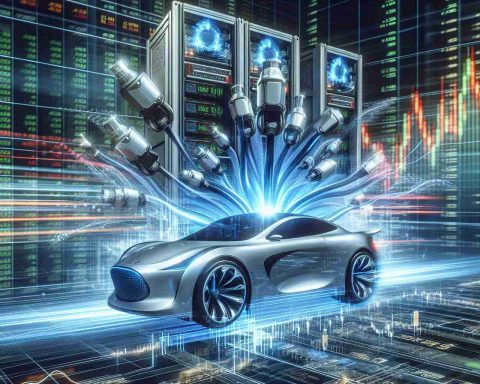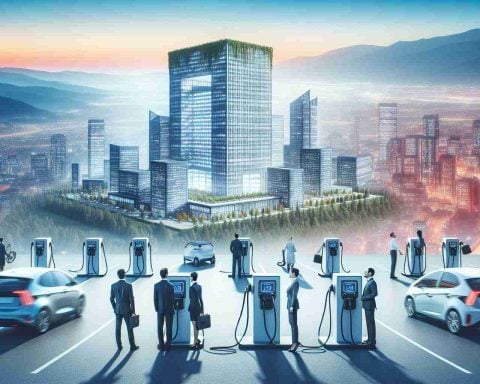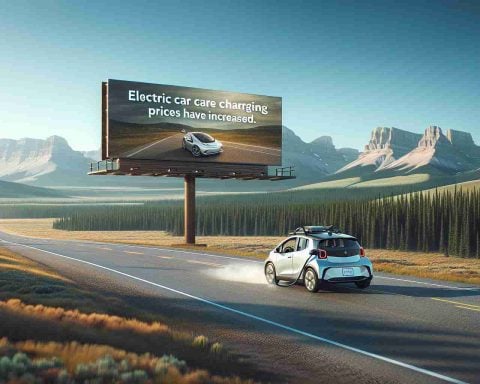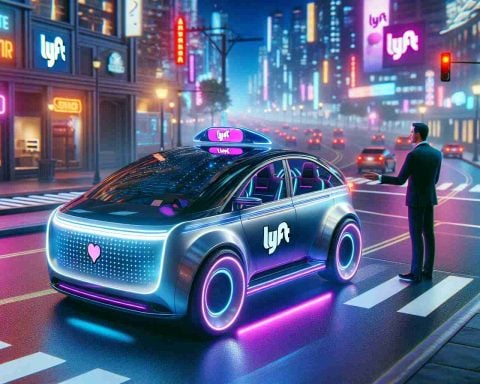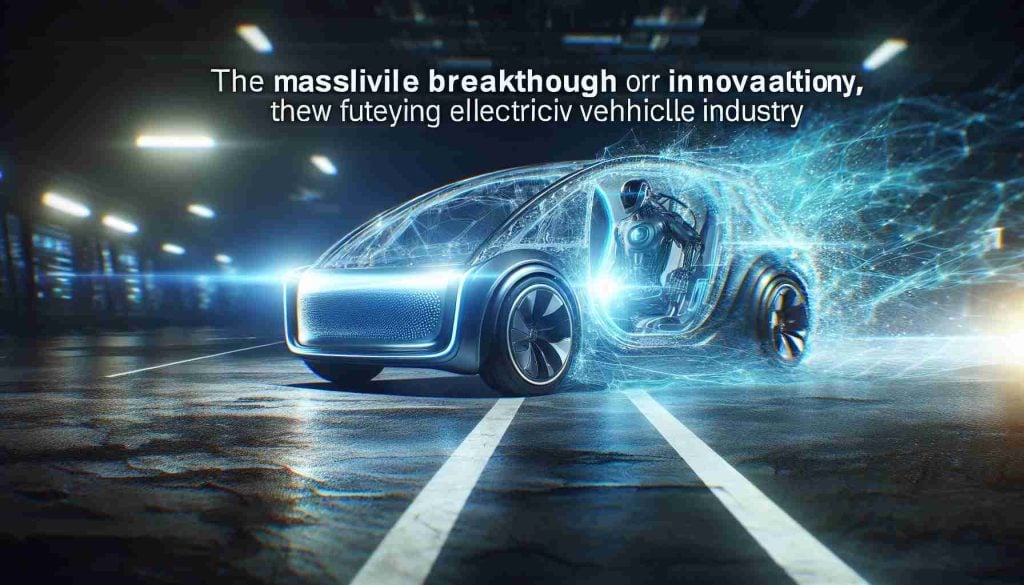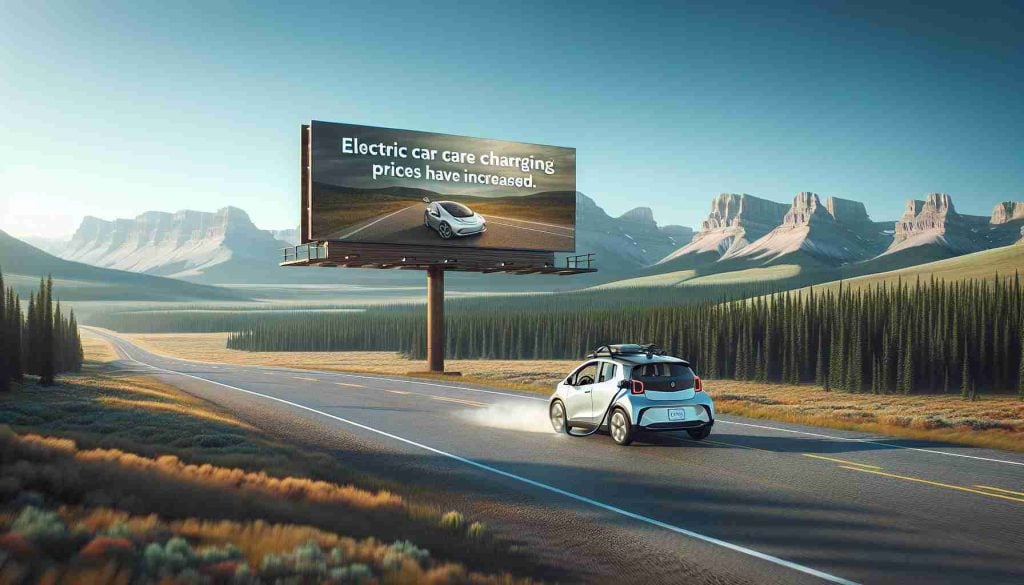- The South Carolina Consumer Freedom Act, which could change car buying by allowing direct sales from electric vehicle makers like Tesla, faces uncertainty after a House subcommittee vote.
- This legislation challenges the traditional franchise model, aiming to increase consumer choice and boost the state’s electric vehicle market.
- The bill faces strong opposition from local car dealerships, which argue it threatens jobs and disrupts a longstanding business model.
- The controversy grows as Scout Motors plans a plant near Interstate 77, promising job creation while aspiring for direct-to-consumer sales.
- Proponents view existing restrictions as outdated, advocating for consumer freedom and market modernization.
- This debate highlights the tension between innovation and preserving traditional economic structures, with South Carolina at a pivotal decision point.
South Carolina finds itself at a crossroads as a House subcommittee votes to halt a proposed bill that could revolutionize car buying in the state. The South Carolina Consumer Freedom Act, poised to allow electric vehicle manufacturers to sell directly to consumers, now faces an uncertain future, much to the dismay of some industry pioneers.
The legislation promised a shift from the longstanding franchise model, granting automakers like Tesla and the soon-to-arrive Scout Motors the ability to bypass traditional dealerships. This change aimed to deliver more consumer choice and potentially invigorate the state’s burgeoning electric vehicle market.
But this potential revolution has encountered fierce resistance. Local car dealership advocates argue that bypassing dealerships threatens their livelihoods, erasing decades of dedicated service and employment opportunities. As the silhouette of Scout Motors’ new plant rises near Interstate 77, controversy simmers. This plant, anticipated to generate thousands of jobs, symbolizes the pivotal transition as it confronts legal guardrails that challenge its direct-to-consumer sales aspirations.
Proponents see these restrictions as outdated barriers, urging the state to break free from the past. They argue that South Carolinians deserve the liberty to purchase the vehicles they desire without crossing state lines. Meanwhile, traditional dealerships claim this move unjustly privileges manufacturers, dismantling a trusted business model integral to local economies.
As lawmakers attentively listened, the room buzzed with passion, exposing an intricate tug-of-war between innovation and tradition. The session underscored a salient truth: the path to progress rarely lacks obstacles. The key question remains whether South Carolina will embrace change or uphold the status quo, reshaping its automotive landscape accordingly.
Will South Carolina’s Automotive Market Embrace Modernity or Cling to Tradition?
South Carolina stands at a pivotal moment in its automotive history. The proposed South Carolina Consumer Freedom Act aims to shake up the conventional car buying landscape by allowing electric vehicle manufacturers, like Tesla and Scout Motors, to sell directly to consumers. The legislation promises to dismantle the entrenched dealership model, offering more options and potentially boosting the state’s electric vehicle market.
However, the proposed change has hit a roadblock. Local car dealerships argue that this shift disregards their significant role in local economies. Dealerships have long been cornerstones of the community, providing jobs and services honed over decades. With Scout Motors setting up a new plant near Interstate 77—a development expected to create thousands of jobs—the company aims to spearhead the state’s transition into the EV arena. But it faces stringent legal restrictions hampering this goal.
Key Considerations:
1. Impact on Local Economies:
– For Dealerships: There are concerns about job losses and the potential decline of longstanding businesses. Dealership networks employ many people who rely on these jobs for their livelihood.
– For Manufacturers: Direct sales could mean lower prices for consumers and increased sales for electric vehicle manufacturers, thereby boosting the local economy.
2. Industry Trends:
– Many states have begun relaxing franchise laws to facilitate direct sales by electric vehicle manufacturers. States like California and Colorado have seen growth in EV sales and infrastructure as a result. Expanding direct-to-consumer sales could help South Carolina align with these trends, encouraging innovation and potentially drawing more manufacturers to the state.
3. Consumer Choice and Benefits:
– Proponents argue that allowing direct sales grants consumers more freedom, enabling them to choose from a broader range of options possibly at lower costs. This could also promote sustainable energy use with an uptick in electric vehicle adoption.
Related Questions:
– How do direct sales impact car prices and consumer access?
Direct sales often cut down additional dealership costs, potentially reducing final prices for consumers and expediting delivery timelines.
– What are the potential environmental benefits for South Carolina?
Increased adoption of electric vehicles could significantly reduce carbon emissions, contributing positively toward environmental goals and public health.
– Could new legislation incentivize other manufacturers to South Carolina?
Easing restrictions might position South Carolina as a more attractive hub for innovation in the automotive sector, potentially leading to more job creation and technological advancements.
For more insights on evolving automotive trends and legislation in the U.S., view The Drive and Automotive News.


